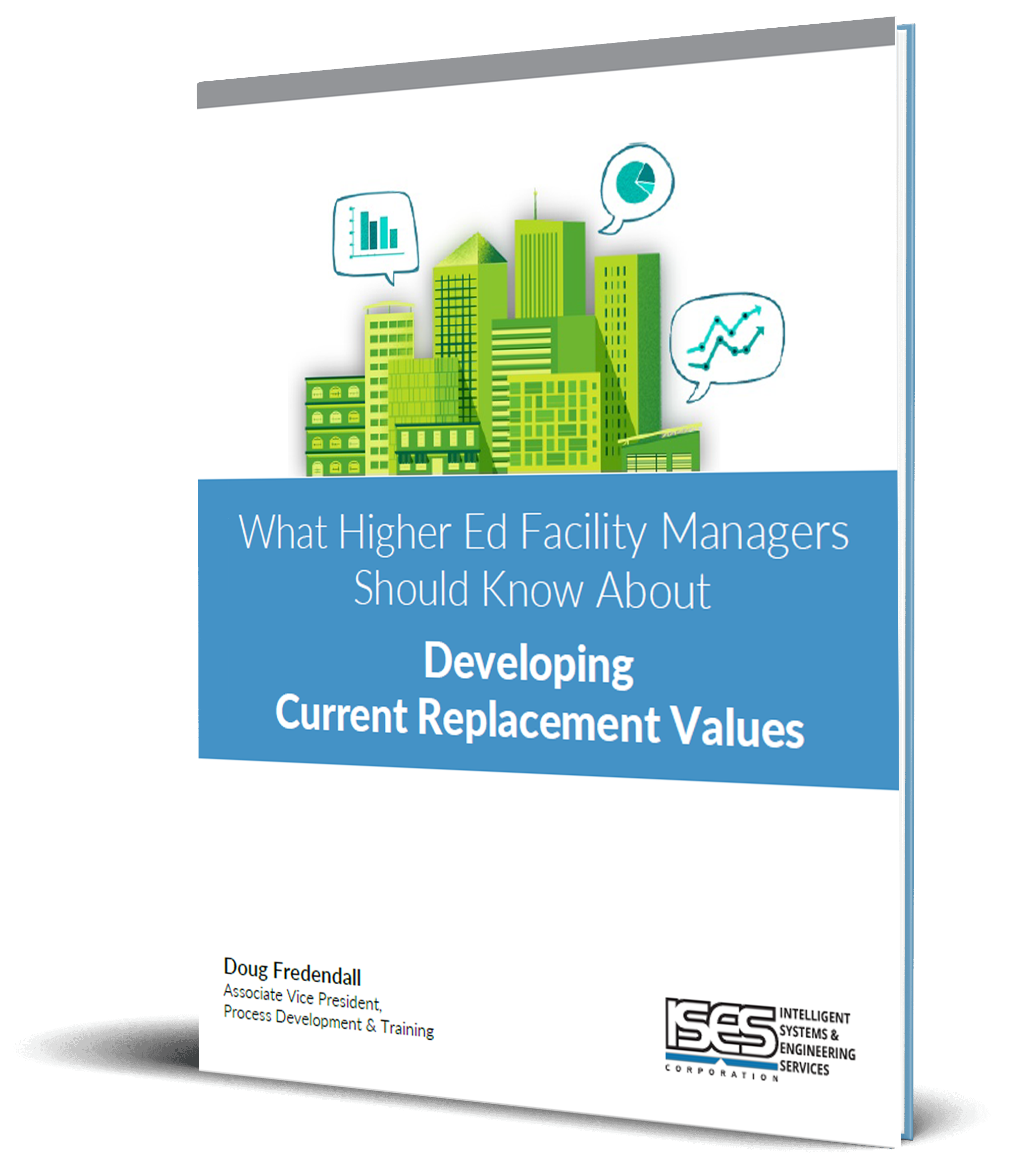One of the first things that I’m asked by the client after an FCA contract has been signed is “What do you need from me to start?” This is an important question. You are paying for FCA services but need to know what resources will be required to provide the best, most accurate data.
Prior to the site visit, our project manager provides the client with a formal Request for Information (RFI). This document may initially look burdensome and overwhelming. But remember, the consultant doesn’t know what you might already have prepared. This is the FCA consultant’s wishlist. Lack of some of the requested items shouldn’t prohibit progress. However, in most cases, provision of the items requested will enhance our information-gathering process and potentially streamline the site visit.
Of all the items on the list, three rise to the level of critical.
- A set of architectural floorplans for each facility we are to assess – not full construction drawings, but a layout of the building by floor. These provide three benefits.
-
First, the drawings allow the assessors to plan their inspection time prior to the site visit. As we know, not all 30,000 GSF buildings are the same. A highly divided lab or office building takes more time to assess than a warehouse or open library. The number of rooms per floor or area will help the assessor determine the amount of time needed during the site visit. The more we plan in advance, the more smoothly the entire project will go.
-
Second, the drawings support the walk-through. With plans in hand, assessors can find stairwells, roof access, mechanical spaces and other specialized rooms. The assessors can ensure that important spaces are not missed during the site visit, avoiding the need to revisit floors for missed items. In addition, printed floorplans allow the assessor to make notes on specific areas or items in a room, such as recording plumbing fixtures and room finishes directly on the floorplans for later tabulation.
-
Third, the floorplans aid the assessor during data entry after we leave your site. The floorplans (along with photos taken) help the assessor recall the building. They provide assistance when determining percentages of the building with select issues or systems, such as the location of asbestos or the amount of a building that’s sprinklered.
- The project manager will also ask for building-specific maintenance issues and component-specific data. Maintenance staff should be enlisted to provide building-specific issues. Not only does this provide the added value of information from those who work in the building but requesting their input assists in getting their buy-in. The consultant may be inside your building for four hours or four days but will never match the time your staff spends in the building. By providing information on known maintenance issues or trouble areas, the assessors can pay closer attention to these items as they walk the building.
Component-specific data can help the assessors with items that are not easily obtained in the field. Roof reports, warranty information, installation or replacement dates and renovation scopes can expedite the site survey. These items are usually the most cumbersome items to dig up but can provide the most information to the assessors.
- Finally, we ask to have a client representative escort the assessors throughout the buildings during the site visit. Depending on the nature of the building, this may be optional. Obviously, if the building has security restrictions, such as a correctional or childcare facility, an escort is essential. In contrast, standard office or classroom buildings can be assessed without assistance. However, escorts provide valuable information for even standard buildings.
-
Escorts provide a familiar face to building occupants. This can reduce the amount of time assessors must spend explaining their presence in the building.
-
Escorts can also provide system or building information. In cases where technicians or building manager are used as escorts, the escort can answer questions in the field, allowing the assessor immediate understanding of an unknown issue.
More minor housekeeping matters are included in our initial RFI, but these are the three most important items. Armed with an accurate set of floorplans, building-specific maintenance concerns and information, and a good escort, the overall project can run a lot smoother, and more accurate information can be gathered.


